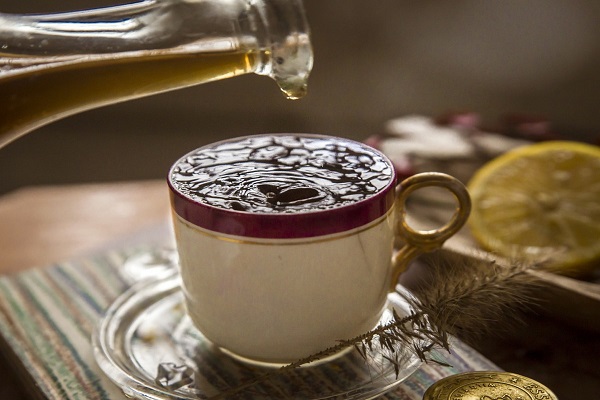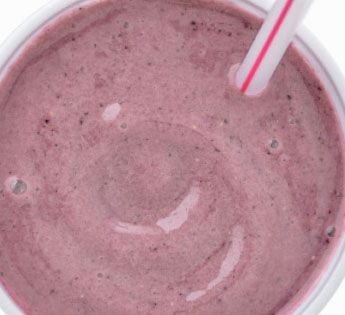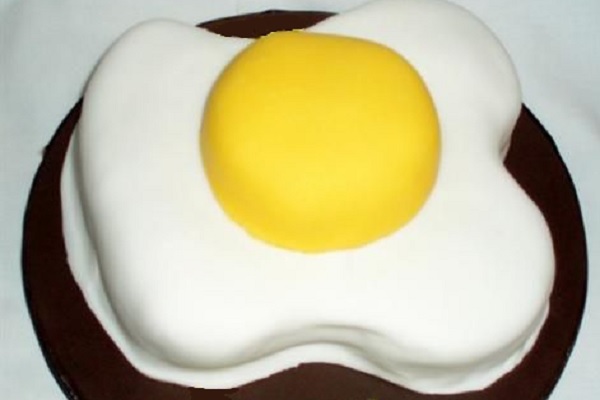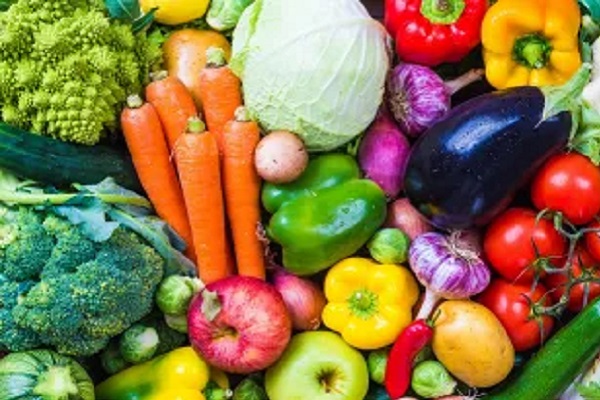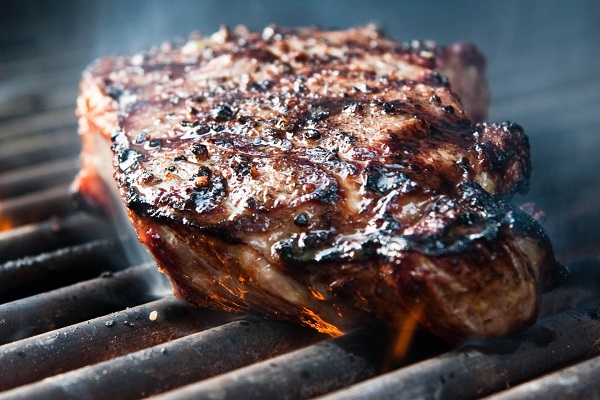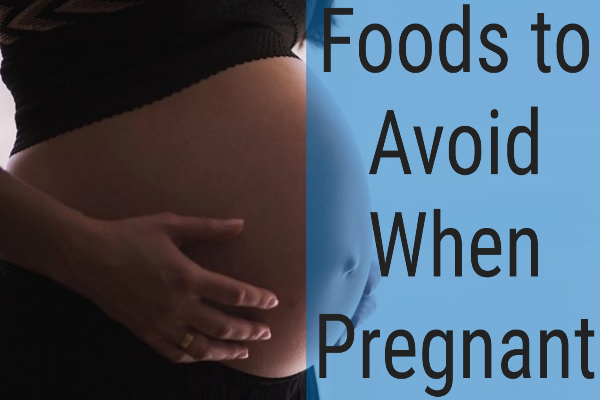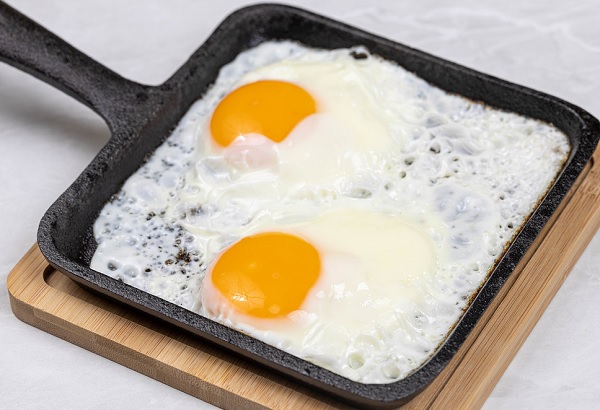
Cooking eggs is like the ABC of cooking for most people but it rarely goes as smoothly as you hope it will. Eggs are still one of the best protein sources, rich in Vitamin D and choline which is good for the brain. Whether you like them unscrambled, creamy scrambled, dry scrambled or poached, you are in for a treat as long as you get the cooking right. Here are some of the common mistakes that mess up your egg game that can be easily fixed.
Starting Boiled Eggs In Boiling Water
Eggshells are delicate and that includes when they are under high heat which causes them to crack on impact when the shell heats too quickly as compared to the white and the yolk inside. When you start your boiled eggs in boiling water, you are likely to end up with some if not all of them with exposed whites on the shells when you are done boiling. You should allow your eggs to boil evenly by starting with cool water for a perfect finish.
Breaking Poached Eggs Directly Into Boiling Water
Breaking eggs directly into boiling water is a bad idea. The eggs tend to scatter all over leaving you with a messy end to your cooking. That is why many people find it so hard to make a perfect poached egg at home. The best way to get it right is by reducing the heat of your boiling water to reduce the bubbles. Then break the eggs into a bowl and gently lower them into the water before you gently increase the heat and continue cooking. You can also stir the water and create a gentle whirlpool into which you will lower the eggs from the bowl.
Skimping On The Whisking
Scrambled eggs are one of the easiest meals to make and a quick one too. However, many people take it for granted and fail to do the due diligence and beat the eggs properly. The appearance and taste of your eggs will depend on how well the yellow got to mix with the white while you were beating. You should season with salt and whatever spice you like while whisking thoroughly from one end of the bowl to another until no white or colourless patches remain.
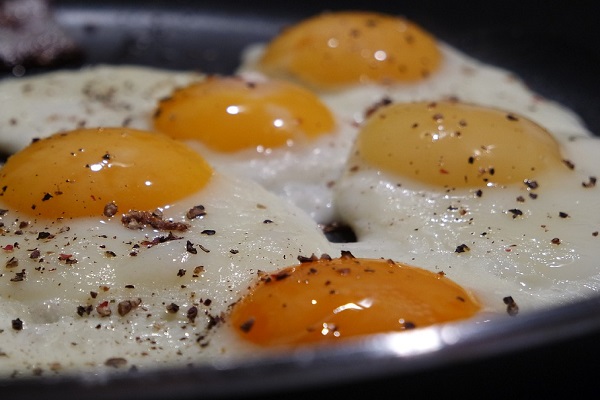
Overcooking
This applies to all types of eggs. Overcooking eggs causes the proteins to tighten too much resulting in the expulsion of all the liquid components which leads to what we call crying eggs. The liquid is forced out of the egg includes Vitamins and other micronutrients contained in the eggs. Overcooking fried and scrambled eggs will cause them to lose their vitamins and also to get discoloured which makes them tasteless.
Salting After The Eggs Start Cooking
Once your eggs start cooking and the strands bind together, they force liquids out and tighten even further which makes it difficult for any seasonings to get in. It is smart to put in your seasonings while beating the eggs so that the salt and pepper get soaked into the egg. Salting before you start cooking also makes your scrambled eggs softer.
Skimping On The Fat
Struggling with eggs that won’t come off the pan is just disappointing. The same goes for fried eggs that won’t puff up quickly enough causing them to burn before they are evenly cooked. It is all caused by insufficient butter on the pan. You should allow your butter, oil or fat to melt fully and spread evenly all over the pan before you pour the eggs.
Using The Wrong Pan
The pan you use to cook your eggs will determine how they taste when you are done. You should look for a big enough saucepan when poaching your eggs so that they soak in at least 8cm of water. Using a shallow pan will leave you with half-cooked floating eggs. You should also use a non-stick pan for frying and scrambling your eggs to prevent sticking and a mess after cooking.
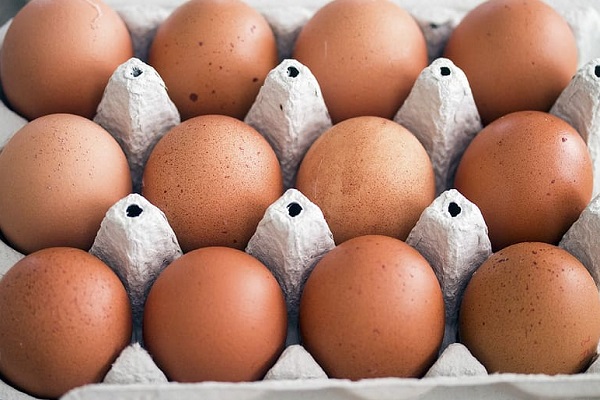
Adding Liquids To Scrambled Eggs
It is common for people to add milk to scrambled eggs before cooking them. While the temptation to have soft eggs is high, the milk or water doesn’t really help with the taste of your eggs. To get the perfect soft or creamy eggs, just stroke them slowly on low heat while cooking and ensure that you keep them moving so that they don’t dry out. The milk makes your eggs rubbery instead of the usual soft eggs and doesn’t help with the taste.
Cracking Eggs On The Mixing Bowl
Everyone kind of does this one which is why it is a special addition to the list. If you break your eggs on a flat surface before pouring them into the pan, you won’t have to struggle with the stray shells dropping into the eggs. Cracking eggs away from the pan also helps keep the bacteria on the shell away from your eggs since the shells don’t come into contact with the bowl. You need to find a flat surface to break your eggs on and your countertop will work just fine.
Removing Shells Immediately After boiling
When you remove boiled eggs from the pan, they start cooking slowly allowing the yolk and the white to tighten onto each other and peel off from the shell. That process requires a few minutes of patience, so peeling immediately after heating won’t help. You will end up with some of the white going with the shell and probably a few burned fingers.
Do you have any other tips for cooking eggs? Do let us know in the comments below.

